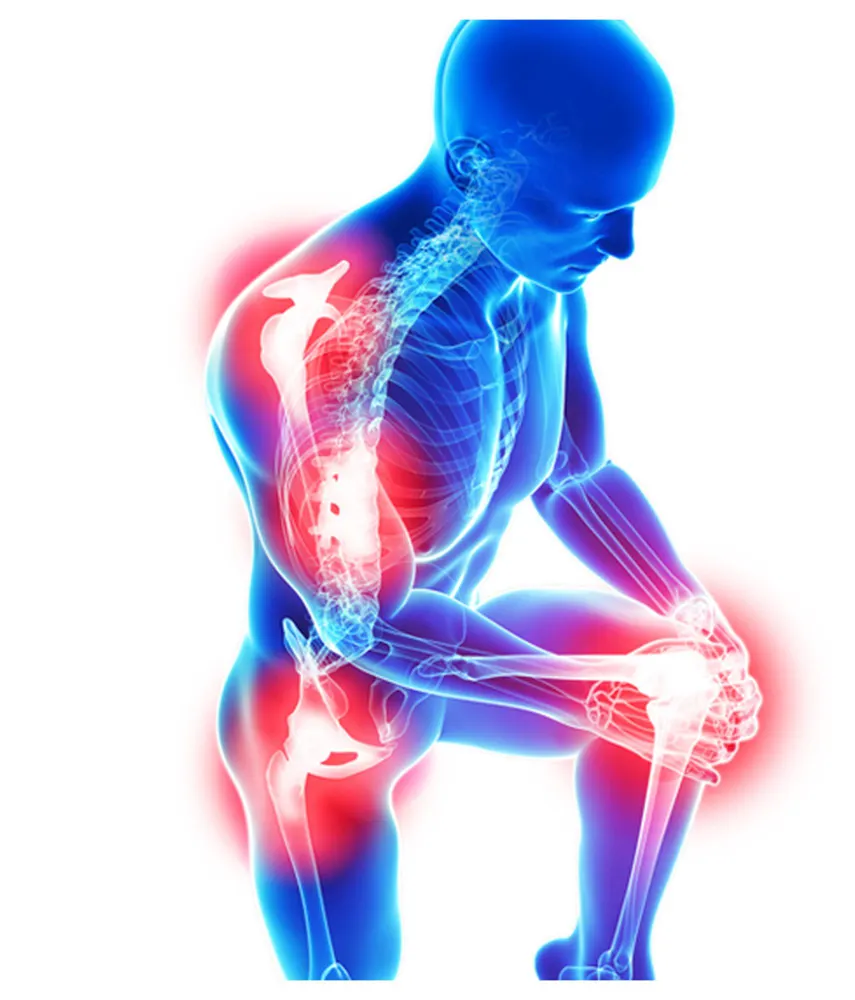Knee Pain Doctor In New York, NY
Chronic knee pain is a persistent condition that may involve swelling or tenderness in one or both knees. The severity can range from mild to moderate, with symptoms varying based on the underlying cause
Knee pain can result from various conditions, including Osteoarthritis (OA), Meniscus Tears, Ligament Tears, Baker’s Cyst, Bursitis, and Jumper’s Knee. These issues cause pain, swelling, stiffness, and reduced mobility.
Early diagnosis through physical exams and imaging helps determine the right treatment. Non-surgical options like PRP, EMTT, MFAT, and hyaluronic acid injections can effectively relieve pain and restore function.
Knee Osteoarthritis & Joint Pain
Causes :
Knee osteoarthritis occurs when cartilage deteriorates over time, leading to pain and stiffness. Common causes include age, genetics, obesity, prior injuries, and joint overuse.
Symptoms :
- Pain that worsens with activity
- Swelling and stiffness
- Knee instability or weakness
- Reduced range of motion
- Locking or catching sensation
Diagnosis :
A thorough assessment includes a symptom review, physical exam, and imaging tests like MRI or ultrasound to evaluate joint health and track progression. Early intervention can improve mobility and reduce discomfort.

Meniscus Tears
Causes :
A meniscus tear is a common knee injury, often affecting athletes and individuals engaged in strenuous activities. It occurs when the knee’s cartilage is damaged due to sudden movements, repetitive stress, or age-related wear and tear. Common causes include pivoting, abrupt stops and turns, deep squatting, heavy lifting, twisting the leg while the foot is planted, stepping on uneven surfaces, and repeated knee strain from sports or physical labor. Additionally, degenerative changes over time can weaken the meniscus, making it more prone to injury.
Symptoms of Meniscus Tear :
Within 24 hours of injury, individuals may experience:
- A popping sensation in the knee
- Swelling, stiffness, or pain, especially with movement/li>
- Difficulty straightening the knee
- Locking or instability in the joint
Diagnosis of Meniscus Tears :
A comprehensive evaluation includes a physical examination, strength assessment, and imaging tests like MRI or ultrasound to confirm the tear and determine the severity. Early diagnosis ensures better recovery and effective treatment options.


